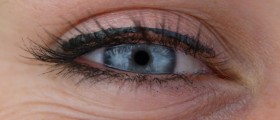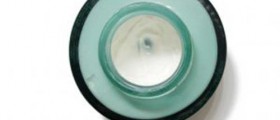
Nowadays there is a rich variety of facial cleaners available out there. The use they claim they've been designed for may range from clearing up acne to wrinkles removal. And whether they truly work or if they are even worth the money is however quite another question.
This article aims to explore those aspects and by doing so, it draws upon a variety of different reliable resources, all of which were previously backed up by extensive research and hands-on testing.
What are the types and what are they supposed to do?
According to experts, a good facial cleanser is to be gentle yet effective. This means that it is to clean the face proper, but on the other hand, it shouldn't leave its skin too dry afterwards.
A person with normal or oily skin ought to go shopping for a water soluble cleanser. This means that it dissolves in water. It is also best if it is free of any irritating ingredients such as fragrances and such.
A person with pretty dry skin on the other hand should go for a creamier solution with a bit less foaming action. This kind of choice provides for the oils and makeup to dissolve without drying out the skin all too much.
And a person with super-sensitive skin ought to go for gentle and fragrance-free solutions. These should also contain glycerin and/or hyaluronic acid.
It is also noteworthy that the best of options are always the natural (that is to say eco-friendly) ones which are made purely out of organic ingredients and contain nearly no artificial preservatives whatsoever.
Many companies today tend to trick their new customers into buying their products by designing ones which tinge. This is because of the popular conception that a product which is "seen working", quite literally and physically, works better than another which is not. And this is a pretty blunt and straightforward fair warning to those customers who would normally fall for the trap, as some of these flashy products prove as utterly ineffective and thus useless.
Checking the back of the package for the list of ingredients is always a good idea, too, since some of the substances may prove irritating to just that very particular person's skin, while the same product may work just dandy for his or her best friend or sister.
Conclusively, someone ought to always check with his or her dermatologist before applying anything new. This is to make sure there will be no allergic reactions or other unpleasant surprises during the course of treatment.

















Your thoughts on this
Loading...